For vegans and vegetarians, millets serve as an excellent addition to a balanced diet by offering a range of nutrients, protein content, culinary flexibility, and suitability for various dietary preferences and restrictions. Incorporating millets alongside a diverse array of plant-based foods ensures a well-rounded and nutritious diet.
Table of Contents
Benefits Of Millets In Vegan And Vegetarian Diets:
- Rich in Nutrients: Millets, such as foxtail millet, pearl millet, finger millet (ragi), proso millet, and others, offer essential nutrients like protein, dietary fiber, vitamins (especially B-complex vitamins like niacin and thiamine), and minerals like iron, magnesium, phosphorus, and potassium. These nutrients are crucial for overall health and are especially beneficial for those following plant-based diets.
- Protein Source: Millets are a source of plant-based protein, making them valuable for vegans and vegetarians seeking alternative protein sources to meat. Although the protein content varies among different millet types, incorporating a variety of millets into the diet can contribute to meeting protein needs.
- Versatility in Cooking: Millets offer a wide range of culinary possibilities. They can be used to prepare various dishes such as porridge, upma, khichdi, pulao, dosa, idli, roti, and more. Their adaptability in different cuisines allows for diverse meal options in vegan and vegetarian cooking.
- Gluten-Free Nature: Most millets are naturally gluten-free, providing a safe grain option for those following a gluten-free vegan or vegetarian lifestyle.
-
Sustainability: Millets are resilient crops that require less water and are often cultivated using eco-friendly agricultural practices. Their cultivation contributes to sustainable farming and environmental conservation.
Is Millet A Vegan-Friendly Option?
Yes, millet is considered vegan. Millets are grains that do not contain any animal-derived ingredients. They are plant-based, naturally occurring grains that are suitable for individuals following a vegan lifestyle.
Millet is a staple in many vegetarian and vegan diets due to its nutritional richness, versatility in cooking, and compatibility with plant-based eating. It provides essential nutrients like protein, dietary fiber, vitamins, and minerals, making it a valuable addition to a vegan diet. Additionally, millets are gluten-free, which further enhances their suitability for various dietary preferences and restrictions, including veganism.
How Can Vegans And Vegetarians Incorporate Millet Into Their Diet?
Vegans and vegetarians can incorporate millet into their diet in various ways due to its versatility in cooking. Here are several ways to include millet:
- Cooked Grain Dishes: Prepare millet as a standalone grain or mixed with vegetables, herbs, or spices to make flavorful pilafs, savory porridge, or mixed grain salads.
- Porridge or Breakfast Cereal: Cook millet as a porridge by simmering it with plant-based milk (such as almond, soy, or oat milk) and adding toppings like fruits, nuts, or seeds for a nutritious breakfast.
- Millets in Baking: Millet flour or whole millet grains can be used in baking recipes to make gluten-free bread, muffins, cookies, or pancakes.
- Idlis and Dosas: In Indian cuisine, finger millet (ragi) is commonly used to make traditional dishes like idlis, dosas, or rotis, providing a gluten-free alternative.
- Millets in Soups and Stews: Add millet grains to soups, stews, or vegetable broths to enhance texture and nutritional content.
- Burgers or Patties: Create vegetarian or vegan burgers or patties by combining cooked millet with vegetables, legumes, and spices.
- Side Dish or Pilaf: Use cooked millet as a side dish to accompany vegetable stir-fries, curries, or tofu dishes.
-
Millets in Salads: Mix cooked and cooled millet with fresh vegetables, herbs, and a dressing for a nutritious and filling salad.
Health Benefits Of Vegan And Vegetarian Diet:
Vegan and vegetarian diets offer various health benefits attributed to their focus on plant-based foods. Some of the advantages include:
- Lower Risk of Chronic Diseases: Studies suggest that plant-based diets, rich in fruits, vegetables, whole grains, legumes, nuts, and seeds, may lower the risk of chronic conditions such as heart disease, hypertension, type 2 diabetes, and certain cancers.
- Weight Management: Vegan and vegetarian diets are often associated with lower body weight and body mass index (BMI) due to the emphasis on whole, nutrient-dense foods and reduced consumption of saturated fats found in animal products.
- Improved Heart Health: Plant-based diets are typically low in cholesterol and saturated fats, which can contribute to lower levels of LDL (bad) cholesterol and reduced risk of cardiovascular diseases.
- Rich in Nutrients: These diets can be rich in essential nutrients like fiber, vitamins (especially vitamins C, E, and folate), minerals (such as potassium and magnesium), antioxidants, and phytochemicals found abundantly in plant foods.
- Digestive Health: Plant-based diets, particularly those high in fiber from fruits, vegetables, whole grains, and legumes, support digestive health by promoting regular bowel movements and a healthy gut microbiome.
- Reduced Environmental Impact: Vegan and vegetarian diets are generally more sustainable and have a lower environmental footprint compared to diets high in animal products, contributing to environmental conservation.

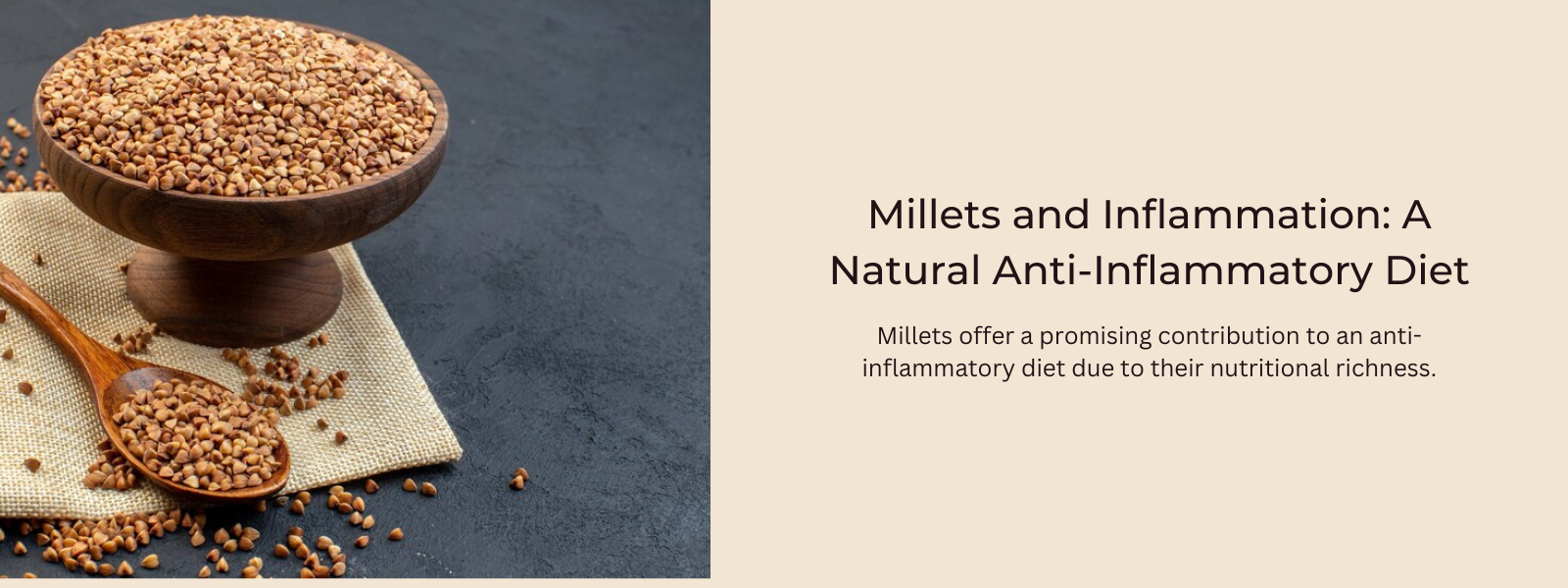
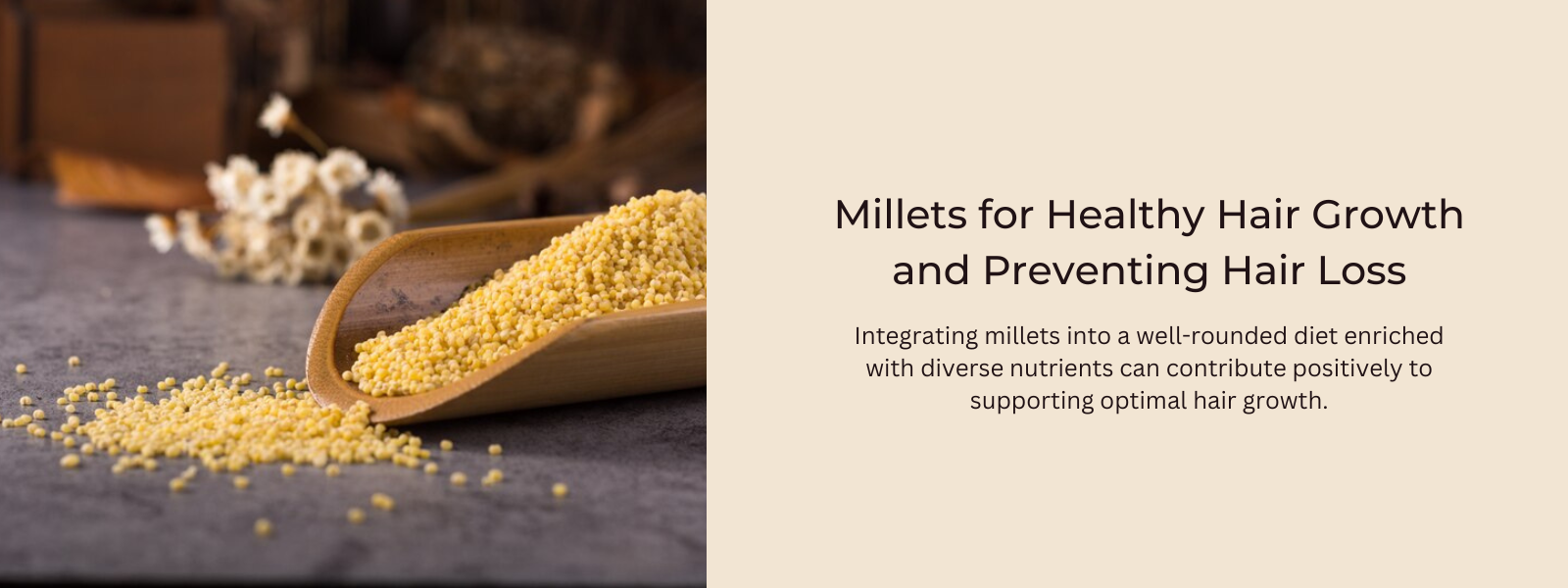
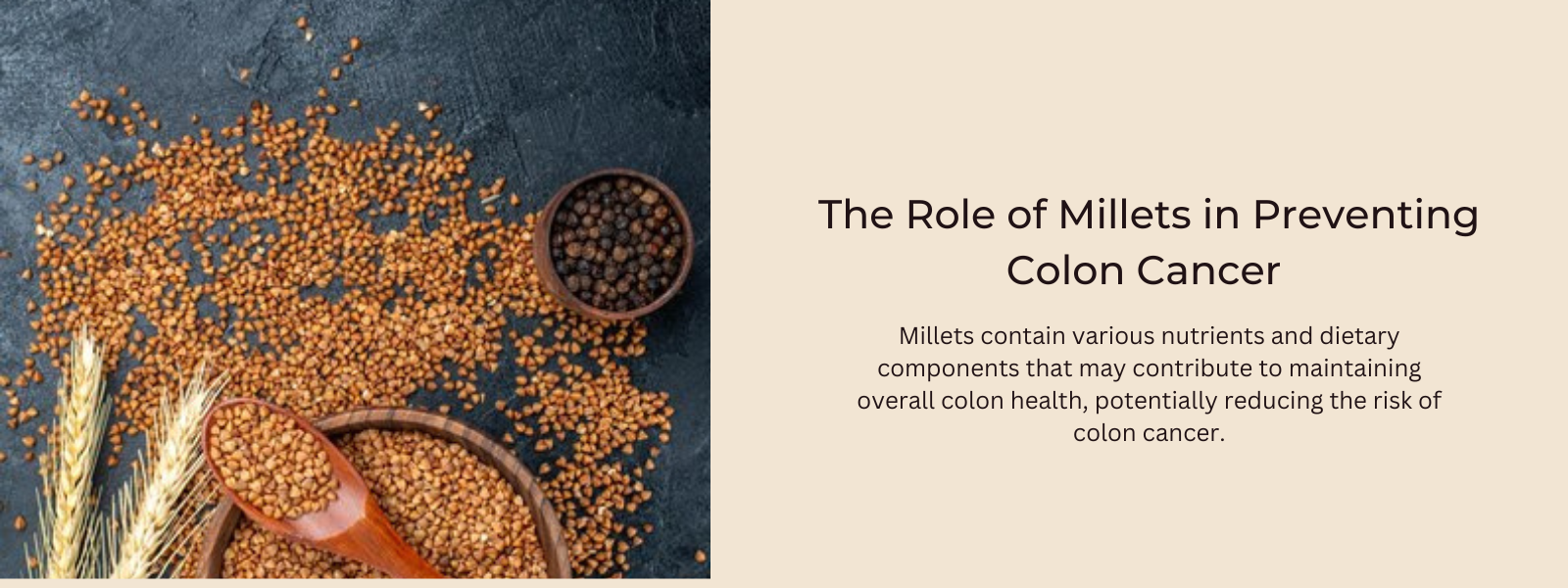
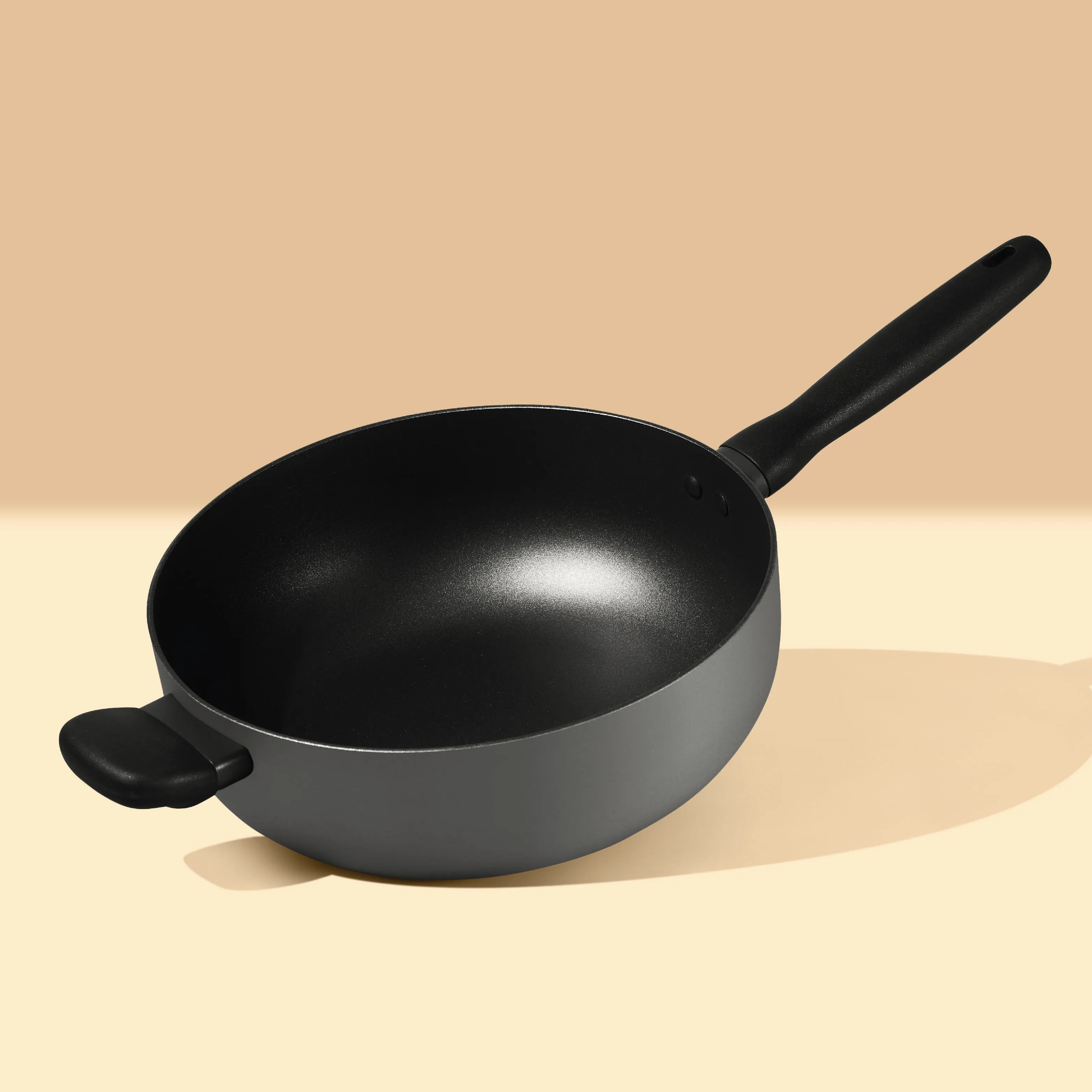
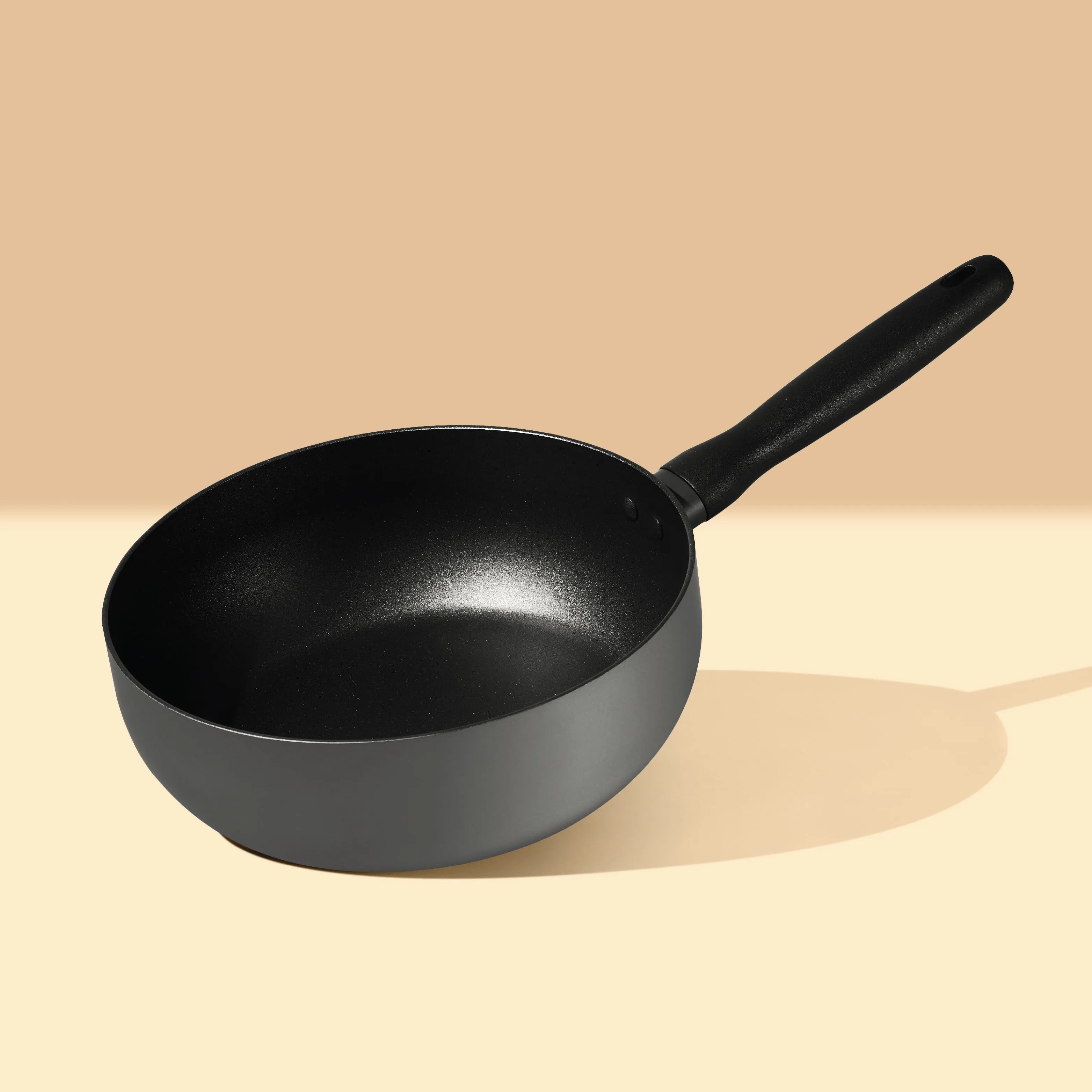




Leave a comment